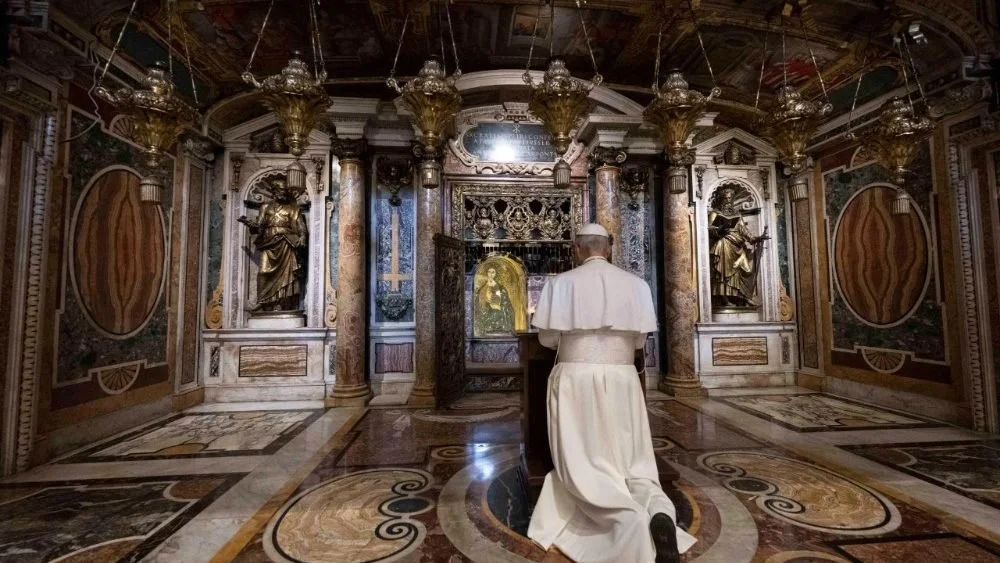Leo XIV’s Second Homily: A Shepherd’s Call to US Catholics
A New Voice for American Catholics
Leo XIV’s second homily is already resonating across the Catholic world. For US Catholics, it offers a clear vision grounded in Scripture, humility, and missionary purpose. This Leo XIV homily analysis for US Catholics explores the key themes that define the Pope’s pastoral message—drawing from Gospel tradition and addressing today’s challenges in Church life, vocations, and evangelization.
The Good Shepherd — A Christ-Centered Leadership
At the heart of the homily, Pope Leo XIV invokes John 10, where Jesus proclaims: “My sheep hear my voice; I know them, and they follow me.” This image of the Good Shepherd is more than a metaphor—it reflects the Pope’s understanding of his role: one of guidance, sacrifice, and compassionate leadership.
For Catholics in the United States, this message comes at a time when trust in institutions, including the Church, must be rebuilt through transparency, humility, and pastoral care. Leo XIV positions himself not as a ruler, but as a servant leader, faithful to Christ’s example.
Listening as a Spiritual Foundation
One of the most repeated words in the homily is “listen.” The Pope emphasizes that true discipleship begins with listening—listening to the Word of God, to the voices of others, and to the silent stirrings of the Spirit. This reflects his commitment to a synodal Church: one that walks together through dialogue, discernment, and humility.
For American Catholics accustomed to cultural noise and division, this call to active spiritual listening is both radical and healing.
Vocations — Everyone’s Mission
Preached during the World Day of Prayer for Vocations, Leo XIV’s homily challenges the faithful to see vocations as a shared responsibility. He urges lay Catholics to become credible witnesses of consecrated life and to walk alongside youth discerning their path.
In the context of declining vocations in the U.S., this homily reads like a rallying cry: rebuild trust, nurture faith, and invest in future shepherds.
A Universal Church — From Antioch to America
Quoting Acts of the Apostles, the Pope recounts how Paul and Barnabas turned to the Gentiles after being rejected in Antioch. This moment, he says, defines the universal mission of the Church. Pope Leo XIV affirms that his own mission embraces all peoples, not just Rome.
This should strike a chord with American Catholics, especially those in multicultural communities. The Pope’s words suggest a Church without borders, deeply committed to evangelization in modern contexts.
Motherhood and Holiness
Delivered on Mother’s Day, the homily celebrates maternal love as a powerful expression of divine tenderness. The Pope honors mothers as transmitters of the faith, praising their foundational role in families and parish life.
This message resonates deeply in American Catholic households, where mothers often lead the spiritual upbringing of children.
Conclusion: A Homily for the Whole Church—With Special Meaning for the U.S.
Pope Leo XIV’s second homily combines Scripture, tradition, and present-day relevance. For US Catholics, it speaks to a Church that must listen more, serve more, and proclaim more. Whether you’re a parish priest, a young seminarian, or a Catholic mother, this Leo XIV homily analysis for US Catholics offers a roadmap toward renewal—rooted in humility, mission, and hope.

